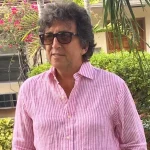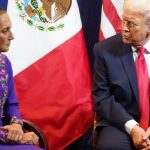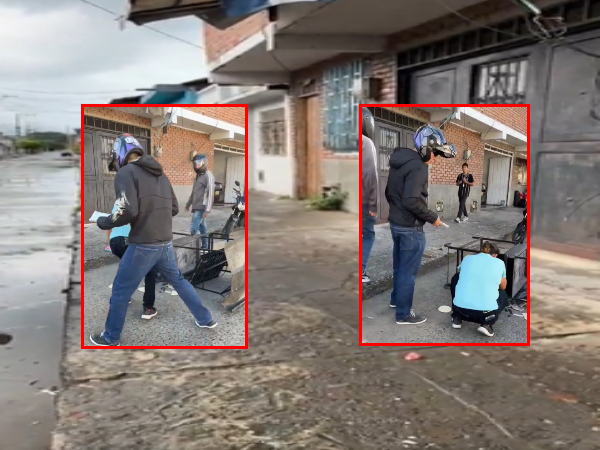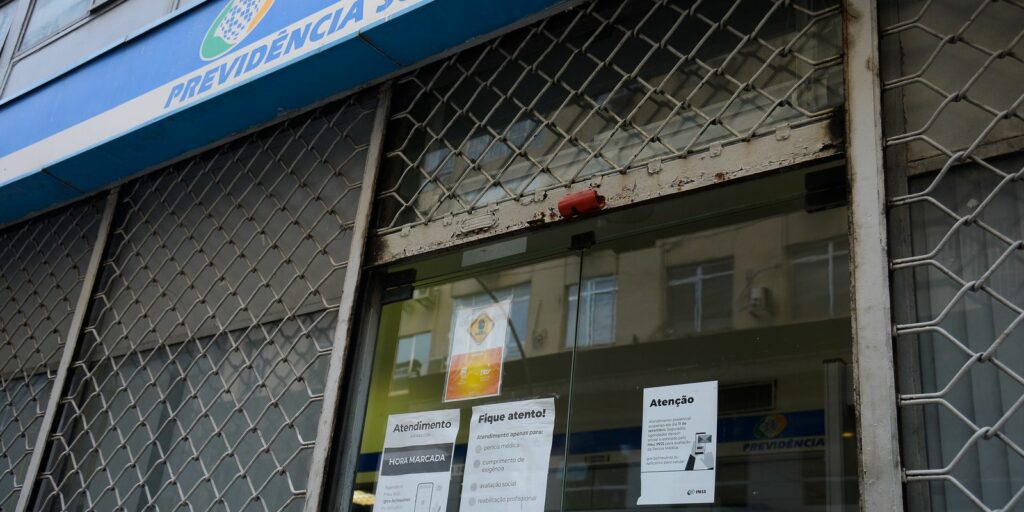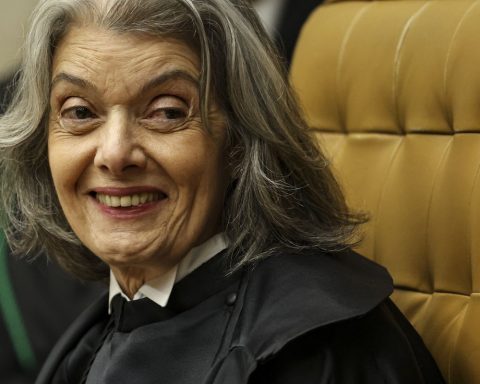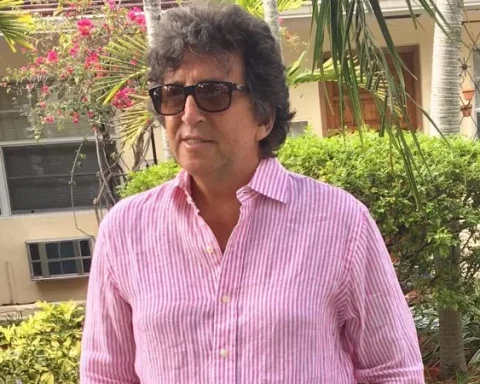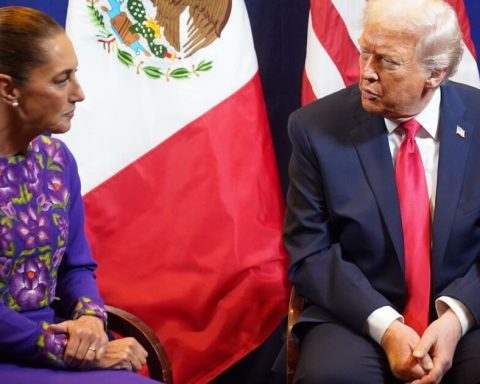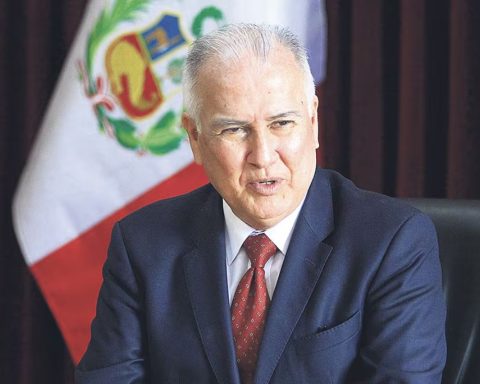On the deadline day, President Gabriel Boric chose the name for the next National Prosecutor, which has to be ratified by the Senate. From the competing pool -tainted by the lack of transparency and where there was no discussion about the suitability of the position- the President chose José Morales, from the North Central High Complexity Prosecutor’s Office, who 7 years ago already tried to fill the position when he Sabas Chahuán left and was now more successful, to replace the questioned Jorge Abbott.
Through a statement from the Ministry of Justice, they highlight that Morales obtained 17 votes at the time of being nominated by the Supreme Court. Currently, he is the chief deputy prosecutor of the Santiago Norte Local Prosecutor’s Office.
It may interest you:
During his career – the statement highlights – he has served as deputy chief prosecutor in Los Vilos, deputy chief prosecutor in Colina and deputy chief prosecutor in the Prosecutor for Crimes against Property. He was also chief deputy prosecutor in the Territorial Prosecutor’s Office of the communes of Huechuraba, Renca, Quilicura, Conchalí, Cerro Navia and Lo Prado, as well as deputy regional prosecutor of the North Central Metropolitan Regional Prosecutor’s Office, among other positions.
For Morales to be officially the successor to the questioned Jorge Abbott, he needs the ratification of 2/3 of the Senate, which a priori is feasible, because the Government made a calculation in the Upper House before defining the name, to see if it had the necessary support.
Support for the “gravedigger”
The latter -support- was key for the government to finally decide to support him, despite questions received because he was nicknamed “gravedigger”, because he was known for “burying” causes with powerful figures. It happened with the Cascadas case, Collusion of Pharmacies, with the bribery of LATAM in Argentina, when former President Piñera was a majority shareholder, and today it happens in human rights cases.
As happened in his first attempt, the name of Morales generated a good consensus in Piñerismo and in sectors of the left, such as the senator at that time Guido Girardi. His name dropped, Abbott was elected.
Now he tried again and the Government of President Boric made a general overview of the support that his name could have, and the conclusion is that -just like the first time- he has transversal support.
This time, according to his calculations, the name of Morales generated support among right-wing leaders and generated less rejection among left-wing groups.
The veto also prevailed over other candidates, such as Marta Herrera – the third with the most votes that made up the quina – but who was frowned upon in the Senate for her role as Abbott’s adviser. Ángel Valencia also went through the same thing, the lawyer who also obtained 17 votes in the corner, but who was poorly classified for having practiced as a defender of criminals.
Finally, between Morales and Palma -another one that generated consensus- they opted for the former, because Palma, for certain sectors of the left, was linked to the right.








